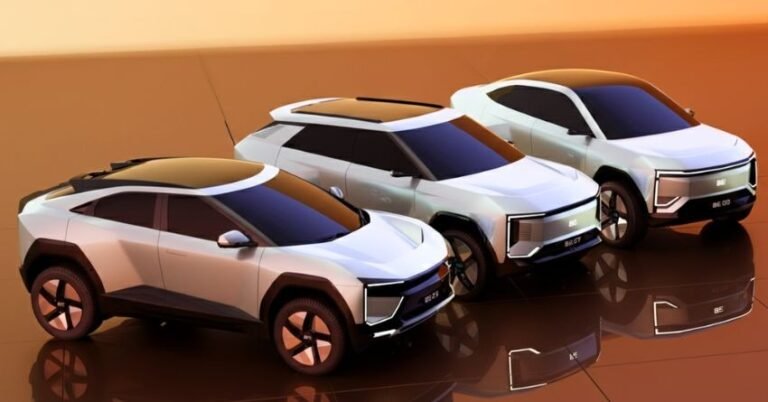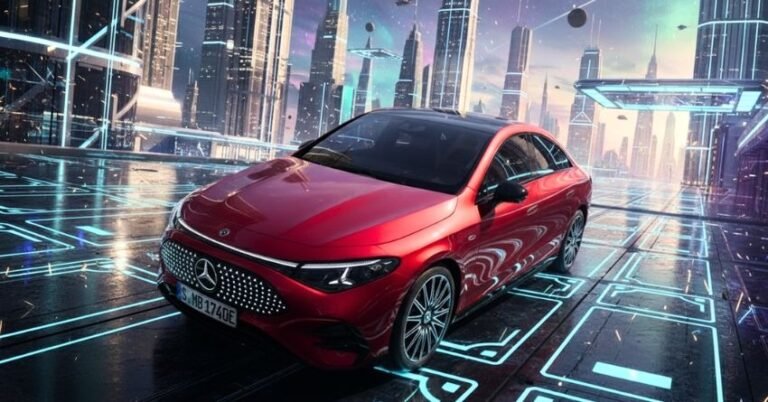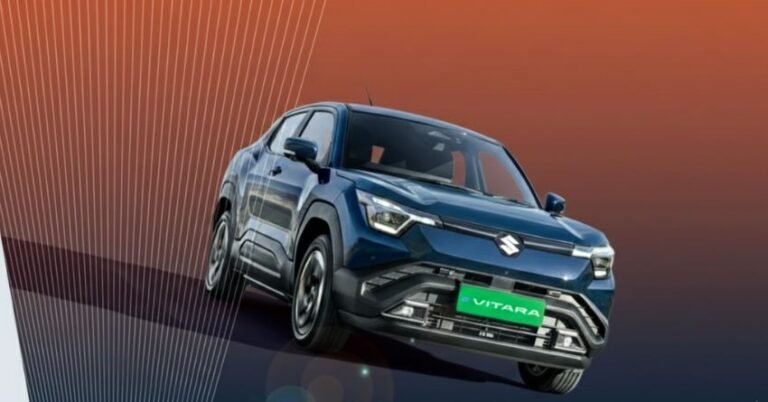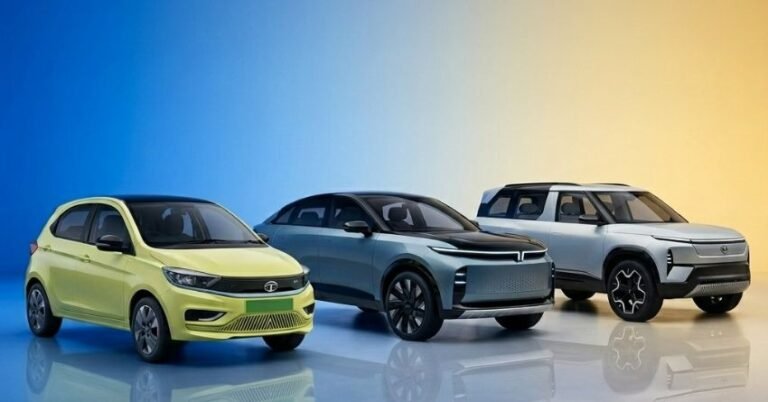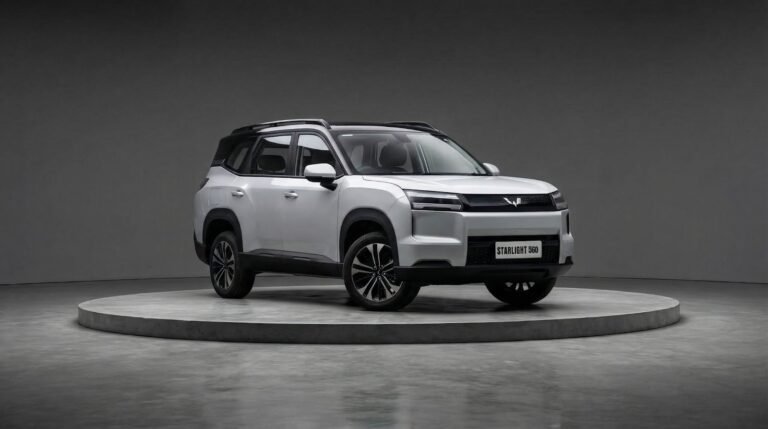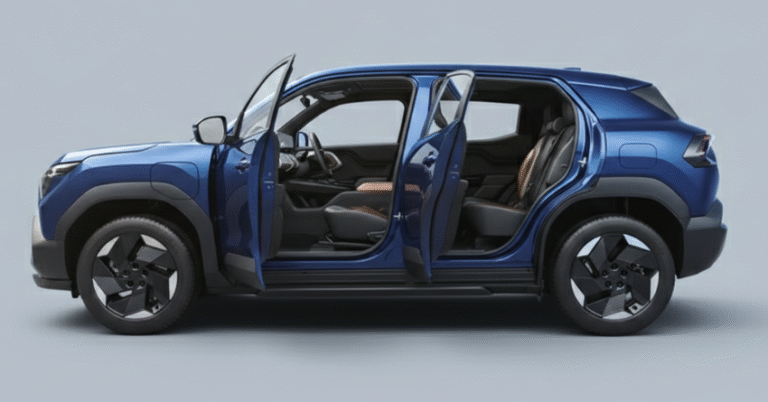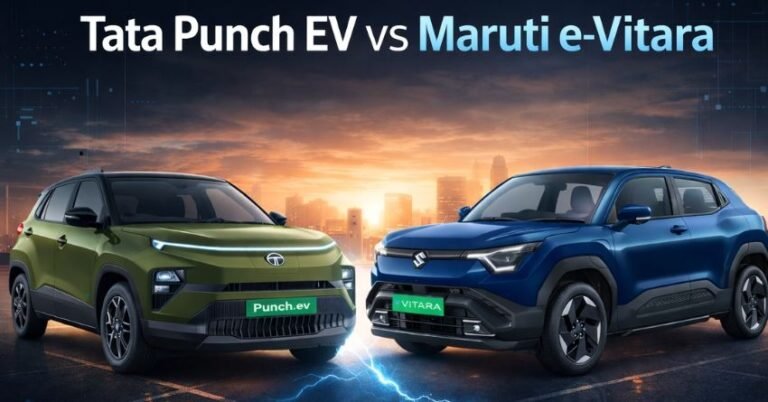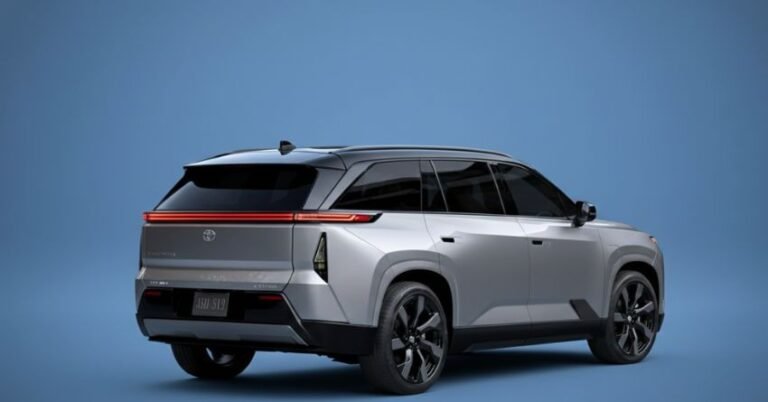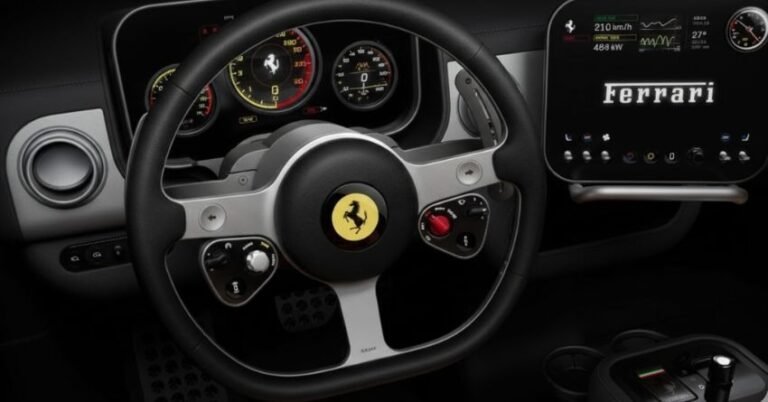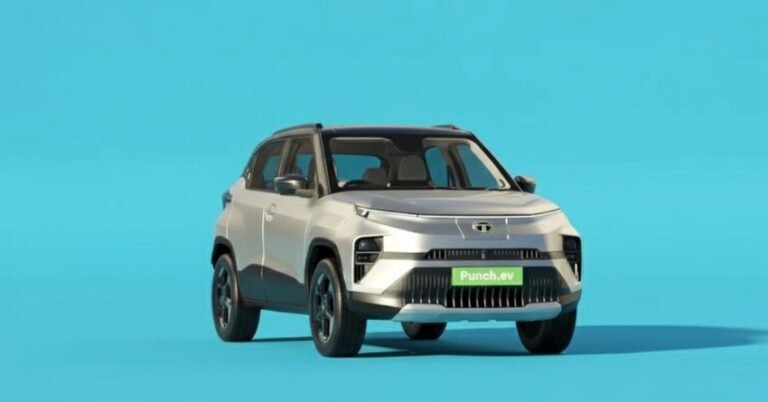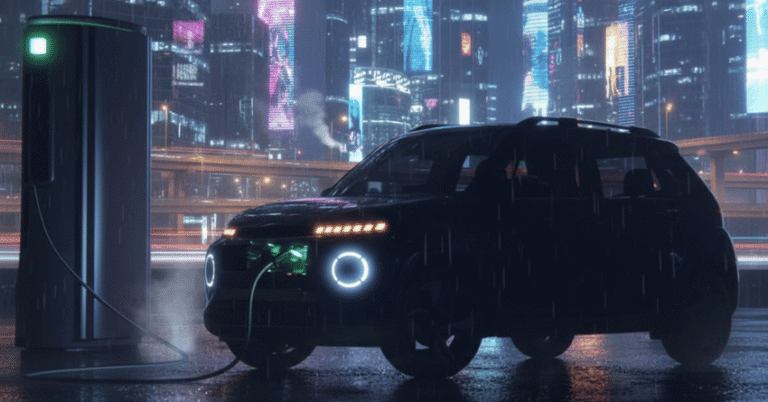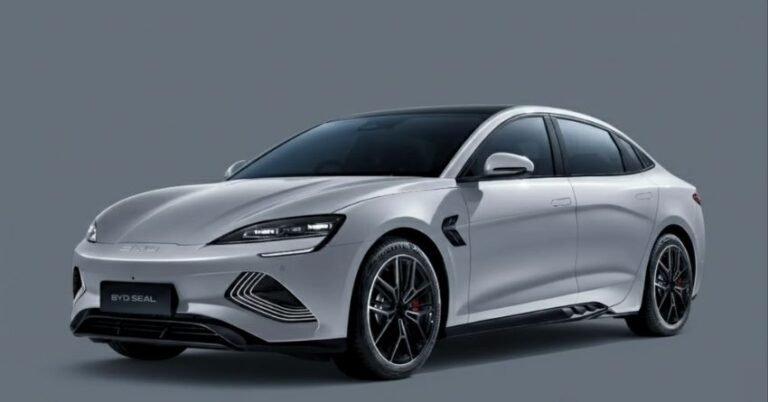Maruti Suzuki launches its first all-electric SUV, the eVitara, from the Hansalpur facility, with a 500-kilometer range and smart features.
India’s largest automobile manufacturer, Maruti Suzuki, officially started production of its first all-electric vehicle, the eVitara, at its Hansalpur plant in Gujarat. The momentous event, inaugurated by Prime Minister Narendra Modi, marks the most strategic entry for the company into India’s booming electric vehicle (EV) segment, taking on incumbent leaders Tata Motors and Mahindra.
The Brand Strategy
The eVitara is the company’s first BEV to be made available by 2030, with Maruti Suzuki having four BEVs in its lineup. Maruti is taking a multipronged approach to support hybrids, CNG, and flex-fuel vehicles, as well as EVs. With this strategy, the brand aims to address a wider section of customers instantly and fast-track the transition to cleaner fuels across the country.
Key Specifications
| Feature | Detail |
| Battery Type | Lithium-ion |
| Range | Up to 500 km (ARAI certified) |
| Charging | Fast Charging (DC) & Home Charging (AC) |
| Motor | Permanent Magnet Synchronous Motor |
| Power Output | 100 kW (estimated) |
| Seating Capacity | 5 |
Key Features:
- Integrated Smart Connectivity: It has real-time navigation and vehicle diagnostics.
- Advanced Safety Suite: Features multiple airbags, ABS with EBD, and an electronic stability control system.
- Roomy Cabin: It’s spaciously designed for comfort and cargo storage for family enjoyment.
- Capitalizing on Its Existing Network: Maruti intends to fully utilize its own strong dealer and service network throughout India so that all customers have easy access and assistance whenever needed.
Expects 15% of its total sales by 2031
Maruti Suzuki expects 15% of its total sales to come from BEVs by 2031, with hybrids and CNG models together bringing in 60%. This balanced portfolio allows Maruti to minimize market risks while rapidly pushing for the adoption of EVs. Maruti’s annual production capacity at the Hansalpur plant is 750,000 units, and with the new Kharkhoda facility, Maruti wants to bring total production close to 4 million by 2031. This further solidifies India’s position as a very important manufacturing base for the global operations of Suzuki Motor Corporation.
Maruti, known for manufacturing reliable and affordable vehicles, now hopes to take a significant share of the mass-market EV industry. With its strong brand trust and extensive network, the firm aims to become India’s largest electric carmaker.

